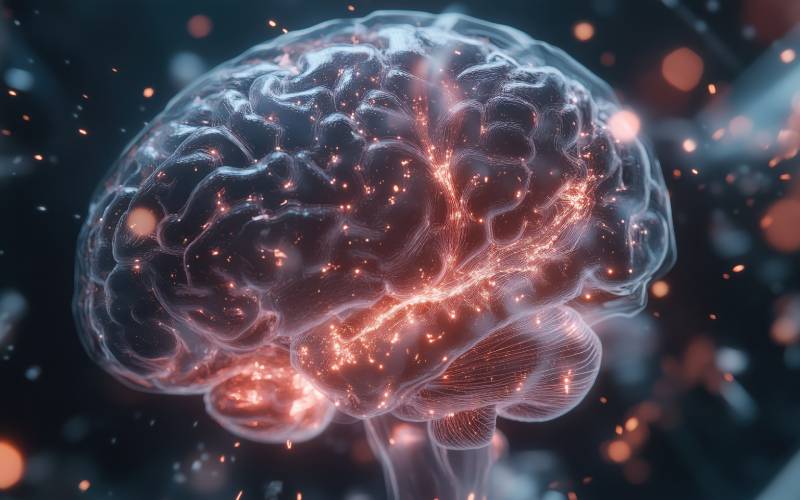
The challenge that MAG4Health has set itself is a sizeable one: designing a compact, affordable alternative to current cryogenic equipment used to record neural activity. “We want to make high-quality diagnoses affordable without using major hospital infrastructure,” explains Matthieu Le Prado. MAG4Health’s approach is based on miniaturised OPM (Optically Pumped Magnetometers). The only ones working at room temperature, capable of detecting the very weak magnetic fields generated by the brain.
This technology opens the way for a variety of applications, including diagnosis of neurological disorders. For example, the sensors can detect abnormal electrical signals reflecting disrupted brain activity. “Our system allows detailed, fast and non-invasive analysis. It’s a major step forward in customising treatments,” underlines the co-founder.
A project supported by the Grenoble ecosystem
But the innovation isn’t limited to sensor performance. MAG4Health is also working on artificial intelligence-based data analysis systems. “The algorithms we are developing optimise signal interpretation and reduce margins of error,” states Matthieu Le Prado. “This further increases the effectiveness of our devices.”
During the prototyping phase, the start-up is getting solid support from the Grenoble ecosystem, which is renowned for its excellence in microelectronics and medical technologies. “Grenoble is fertile ground for projects like ours. The proximity of research laboratories and technological infrastructure is a major asset.”
If initial clinical tests prove promising, Matthieu Le Prado has no plans on slowing down. The aim is clear: making MAG4Health a key stakeholder in tomorrow’s health by harnessing magnetic technology to help patients worldwide. Based on his career as an engineer after graduating from Grenoble INP - Phelma, he is brilliantly illustrating the contribution of alumni to innovation and progress.



